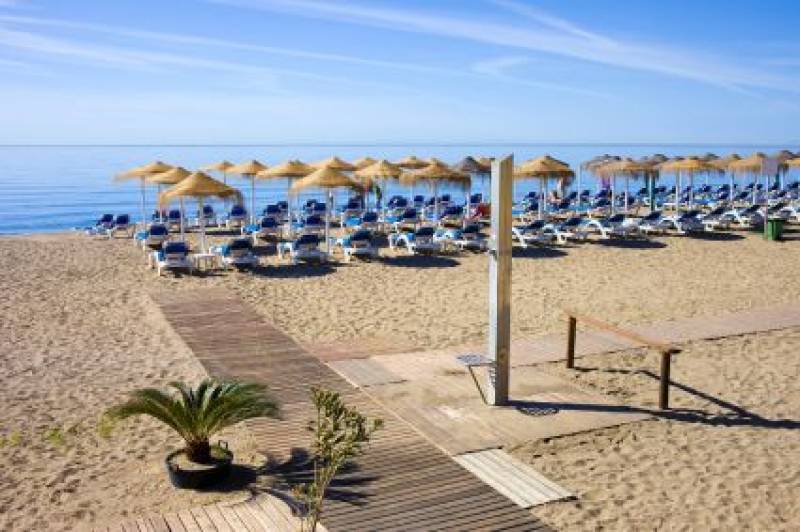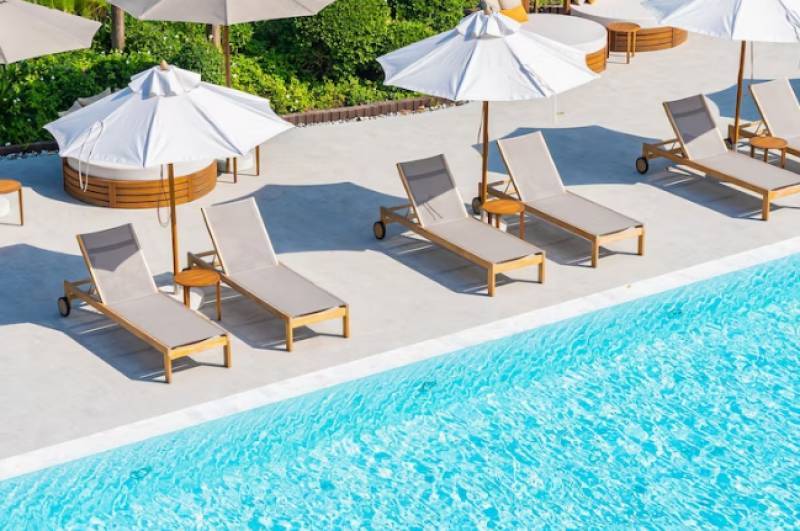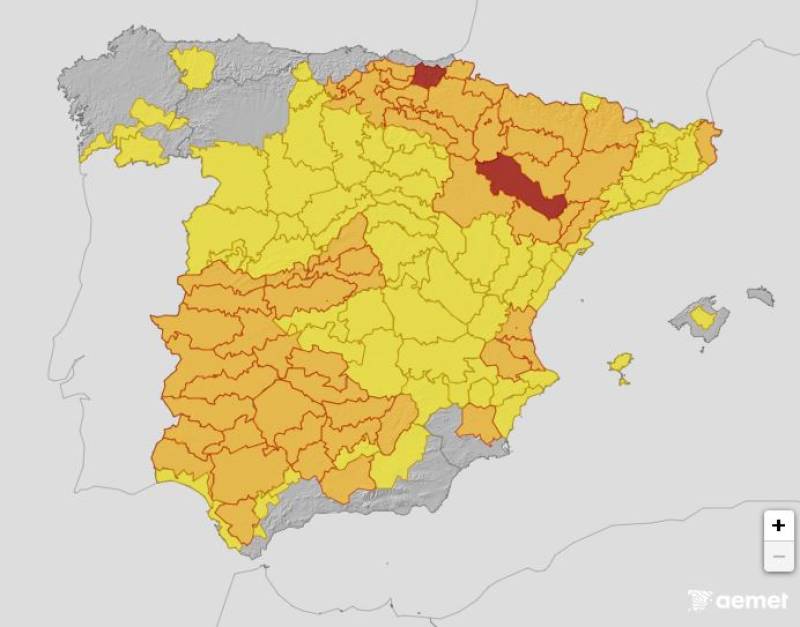
To be listed on the CAMPOSOL TODAY MAP please call +34 968 018 268.

Guidelines for submitting articles to La Manga Club Today
Hello, and thank you for choosing La Manga ClubToday.com to publicise your organisation’s info or event.
La Manga Club Today is a website set up by Murcia Today specifically for residents of the urbanisation in Southwest Murcia, providing news and information on what’s happening in the local area, which is the largest English-speaking expat area in the Region of Murcia.
When submitting text to be included on La Manga Club Today, please abide by the following guidelines so we can upload your article as swiftly as possible:
Send an email to editor@lamangaclubtoday.com or contact@murciatoday.com
Attach the information in a Word Document or Google Doc
Include all relevant points, including:
Who is the organisation running the event?
Where is it happening?
When?
How much does it cost?
Is it necessary to book beforehand, or can people just show up on the day?
…but try not to exceed 300 words
Also attach a photo to illustrate your article, no more than 100kb

Spain's beach showers could be drying up for good... and not everyone minds
This water saving measure introduced with drought restrictions may become the new normal for Spain

Playa del Cable, Marbella
All the recent rain may have relieved the drought problems across much of Spain, but the ever-increasing regularity and severity of water shortages are forcing authorities to reconsider whether some uses of precious tap water are really essential after all.
If you’ve spent time on the beach in Andalucía or Cataluña lately, you might’ve noticed something missing – those familiar seaside showers. That’s because not too long ago, the regions were in full-on drought emergency mode.
In 2022, several coastal towns along the Costa del Sol and Costa de la Luz began limiting shower use during peak summer months. By 2023, restrictions had expanded further, with many municipalities – including popular destinations like Málaga, Torremolinos, and Almuñécar – either reducing shower operating hours or turning them off altogether.
The driest period came in early 2024, when the regional government declared a severe drought situation in several provinces. This led to a full suspension of public beach showers in some areas, alongside broader water-saving measures such as limits on pool refills and garden watering.
While initially met with some resistance from holidaymakers and locals alike, the move has gradually gained acceptance. Officials argue that the savings – often thousands of litres of drinking water per day – far outweigh the inconvenience.
Back in February last year, water reserves in Cataluña dipped below the 100 hm³ threshold due to the severe lack of rain, prompting the regional government to declare a state of emergency.
In practice that meant that public fountains were switched off, swimming pools (both public and private) faced heavy restrictions, hosepipes were banned, and yes – beach showers were turned off.
Locals and visitors alike had to get used to heading home salty and sandy after a day on the coast. And while beachgoers in areas like the Costa Brava might have grumbled at first, many have now got used to it. Some even say they didn’t miss the showers much at all.
This shift in attitude hasn’t gone unnoticed. The organisation behind prestigious Blue Flag awards in Spain, the Association for Environmental and Consumer Education (Adeac), has floated the idea of scrapping beach showers nationwide. Their logic is that if people can manage without them during droughts, maybe they’re not essential after all. Plus, it’s a straightforward way to save water.
It’s already happening in places like Sanxenxo, a coastal hotspot in Galicia’s Pontevedra province. There, the local council removed all beach showers and encouraged people to rinse off at home instead. The result is thousands of litres of drinking water saved, and hardly a complaint from sunseekers.
Although there’s no national mandate (yet), plenty of councils across Spain, especially in the east and south where many Brits live or holiday, are considering making the change permanent. Not just to cut water use, but to hold onto their Blue Flag status, which is increasingly tied to sustainable practices. Indeed, Sanxenxo received 19 Blue Flags this year, more than any other municipality in Spain.
So if you’re heading to the beach this summer in spots like Alicante, Murcia or Málaga, don’t be surprised if you have to shake the sand out of your shoes the old-fashioned way... at home!
Sign up for the Spanish News Today Editors Roundup Weekly Bulletin and get an email with all the week’s news straight to your inbox
Special offer: Subscribe now for 25% off (36.95 euros for 48 Bulletins)
OR
you can sign up to our FREE weekly roundup!
Read some of our recent bulletins:
Discount Special Offer subscription:
36.95€ for 48 Editor’s Weekly News Roundup bulletins!
Please CLICK THE BUTTON to subscribe.
(List price 3 months 12 Bulletins)
Read more stories from around Spain:


























